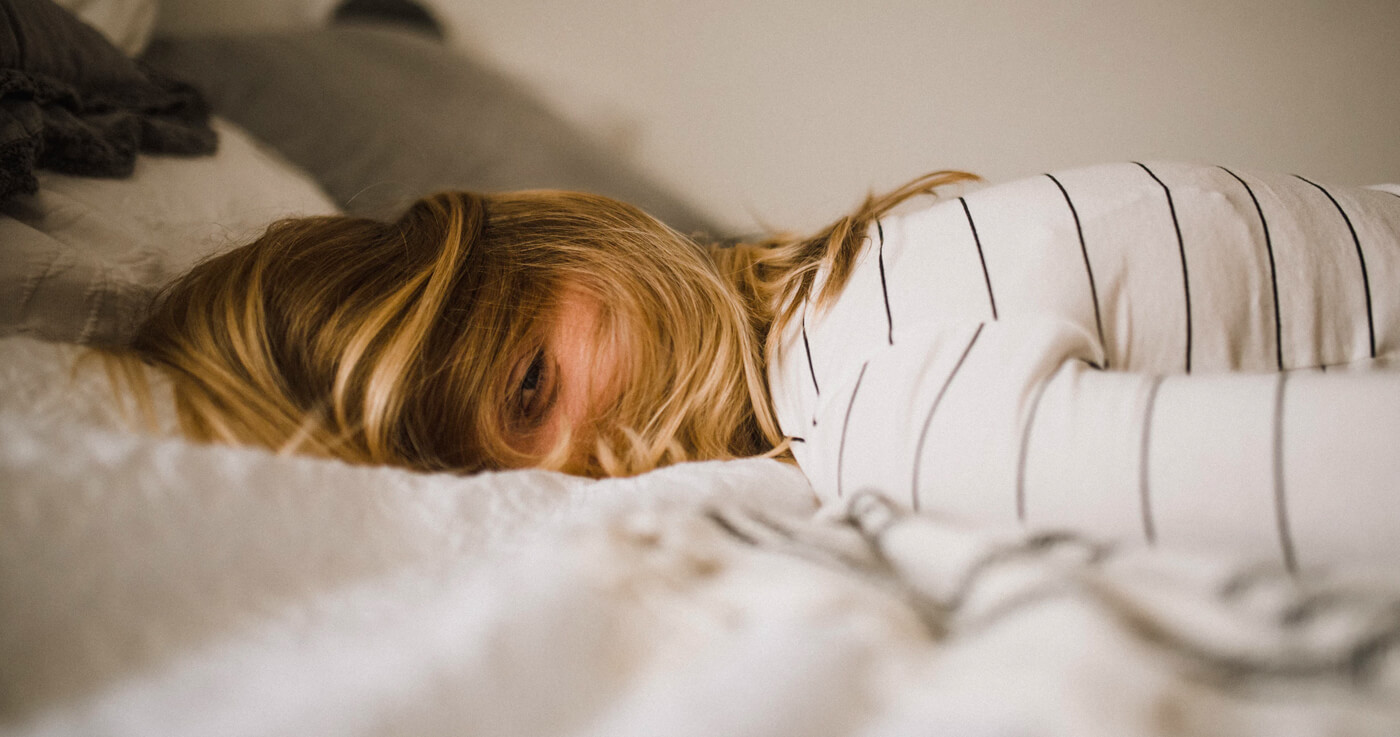6 Reasons Behind Your Insomnia
26th Sep 2023

Insomnia is one of the most commonly overlooked health problems of our generation. According to data collected by the National Sleep Disorders research centre, up to 40% of us experience signs of insomnia every year. Difficulty falling or staying asleep can really take its toll, especially for those of us who lead busy lives. Identifying the triggers for your insomnia can help you to overcome it. So, what are the leading causes of this sleep disorder?
Here, we have identified six of the leading causes of insomnia: anxiety; medications; substances such as alcohol, caffeine, and nicotine; stress; depression; and changes in your schedule.
Anxiety
An anxiety disorder is more than
simply stress or worry. Many of us find it hard to deal with everyday stress,
but sufferers of anxiety disorders often find themselves feeling helpless,
constantly tense, afraid, or living with a feeling of dread. These feelings may
be triggered by social stress, financial worries, or relationship problems, or
can be more generalised. Due to anxiety, it can be very difficult to fall or
stay asleep, as our minds are alert and thoughts can be negative and racing. If
you believe you have an anxiety disorder, please see your doctor.
Medications
Many prescriptions and medications interfere
with our mental and physical functions, further affecting our sleep pattern.
Medications which stimulate your blood pressure and mental functions, including
antidepressants, corticosteroids or allergy medicines, might affect your
ability to fall or stay asleep. Moreover, herbal medications for weight loss
and certain sleeping pills can also cause insomnia, so think carefully before
purchasing stimulant medications in the future. Of course, do consult your
doctor for more advice.
Caffeine, alcohol, and nicotine
Like anything in excess, caffeine,
alcohol, or nicotine can cause severe sleeping problems. Due to these stimulants’
high impact on your heart and blood pressure, they can have a lasting effect on
your health. To lessen the effects of cigarettes and energy drinks on your
sleep, try and limit them and restrict their use to only early hours, plenty of
time before your bedtime. Alcohol can also be detrimental to your sleep as it’s
high sugar levels. Also, too much of it or in combination with nicotine/energy
drinks can increase your heart rate and lead to you feeling hot and sleepless
through the night.
Stress
Stress comes in many forms on a
daily basis for most of us. Your stress is individual and must be treated that
way, so that you know what works best for you in stressful situations and what
would help you to relax. Many people claim that deep breathing techniques and certain
herbal teas help them feel at ease. Others find exercising to be their remedy.
You can learn how to deal with stress better simply by observing what calms you
down and brings a peace of mind to your life. It can be reading, taking walks,
long hot baths, watching favourite your TV shows, or meditating. Just don’t
forget to let your self de-stress on a regular basis and you should experience
a better night’s sleep.
Depression
Depression has always been linked
to insomnia in one way or another. It has a complex relationship with sleep
patterns, stress, and medication. Sleep deprivation itself can add to your
feelings of stress, depression, and anxiety, so make sure to consult with a specialist
to help you find the best solution to your problem.
Changes in your schedule
Changes in your schedule can lead
to a great deal of stress; anything from moving house, getting divorced, having
a baby, are all significant changes in your life, and can cause many restless
nights. Shift workers are also prone to insomnia due to their inability to
maintain a regular sleep pattern. Noticing any disruptions in your schedule can
help you to change them, or to use other methods to counteract the negative
effects. Making sure you have a comfortable, supportive mattress and a peaceful
night time atmosphere is a good place to start.



